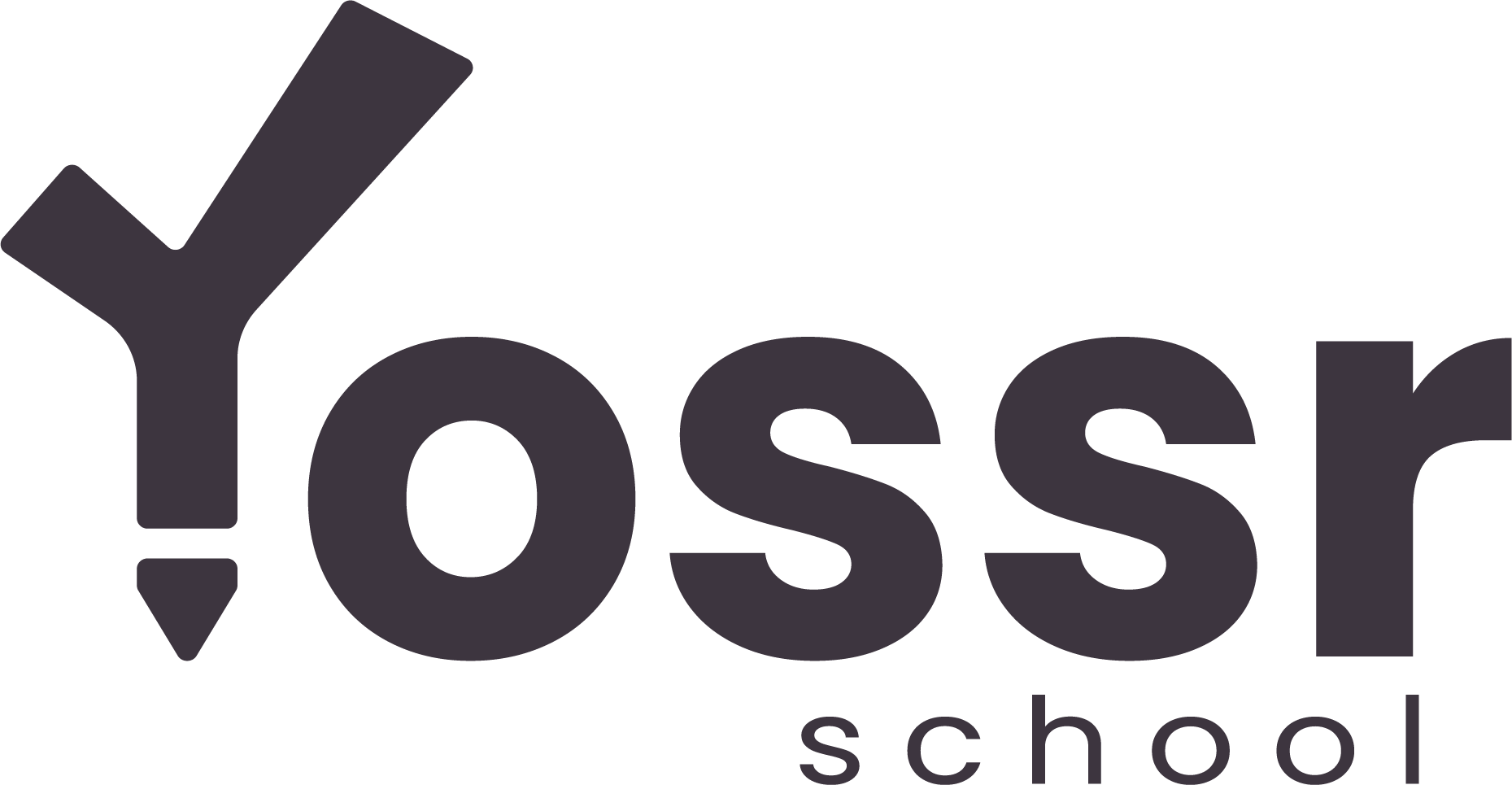8 Essential English Verbs with Practical Examples for Learners

Learning key verbs is essential for mastering any language, and English is no exception. In this post, we’ll explore 8 important English verbs that you’re likely to encounter in both everyday conversations and professional settings. Each verb is accompanied by practical examples to help you understand its usage in context. Whether you’re looking to improve your communication skills for work, school, or personal growth, these verbs will be valuable additions to your vocabulary.
1. Recommend /ˌrɛkəˈmɛnd/
Definition: To suggest something as the best option or course of action.
- Example 1: I recommend reading this book for better understanding.
- Example 2: The doctor recommended a healthier diet.
2. Perform /pərˈfɔːrm/
Definition: To carry out an action or task, usually with a specific result in mind.
- Example 1: He performed the task efficiently.
- Example 2: The band performed at the concert last night.
3. Negotiate /nɪˈɡoʊʃieɪt/
Definition: To discuss terms with the aim of reaching an agreement.
- Example 1: They negotiated a better deal for the project.
- Example 2: The two companies are negotiating a partnership.
4. Mention /ˈmɛnʃən/
Definition: To refer to something briefly in speech or writing.
- Example 1: He mentioned the issue during the meeting.
- Example 2: She didn’t mention the changes in her report.
5. Invest /ɪnˈvɛst/
Definition: To allocate money or resources into something with the expectation of gaining a return.
- Example 1: He invested in stocks last year.
- Example 2: The company is investing in new technology.
6. Establish /ɪˈstæblɪʃ/
Definition: To set up or create something on a firm or permanent basis.
- Example 1: They established a new branch in the city.
- Example 2: The company was established over 20 years ago.
7. Attend /əˈtɛnd/
Definition: To be present at an event or place.
- Example 1: She attended the conference last week.
- Example 2: The students are required to attend all classes.
8. Compare /kəmˈpɛr/
Definition: To examine two or more things to determine similarities and differences.
- Example 1: We compared the two products to decide which was better.
- Example 2: It’s hard to compare these options without more information.

Leave a Reply